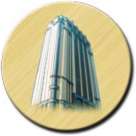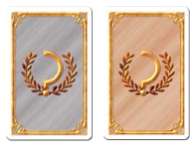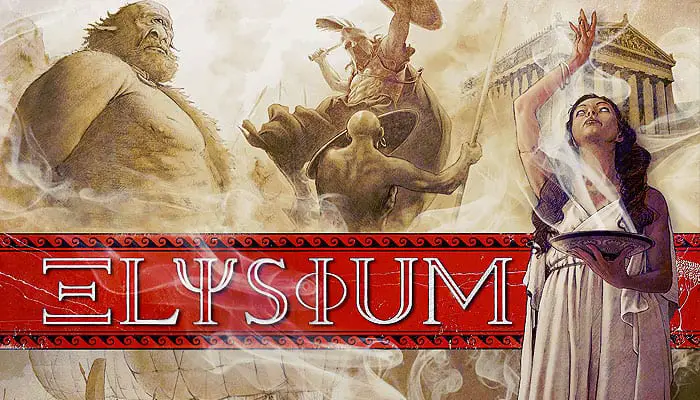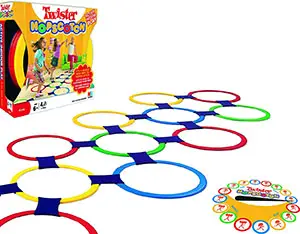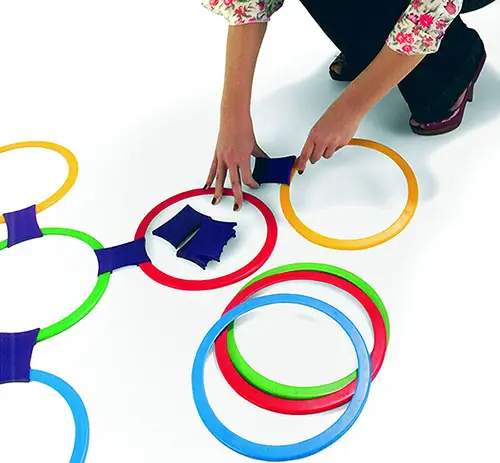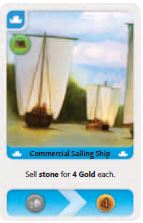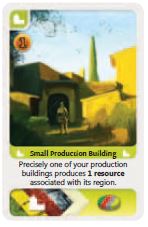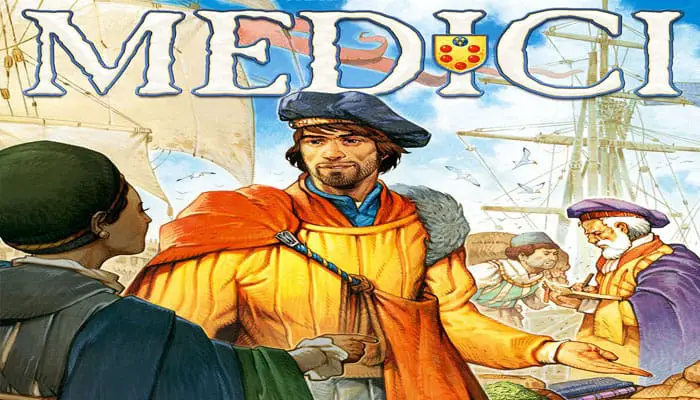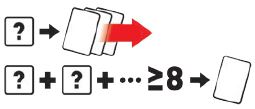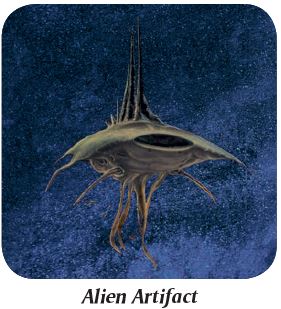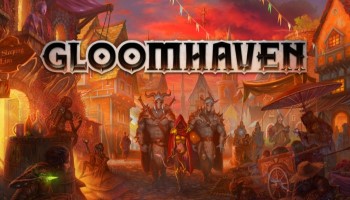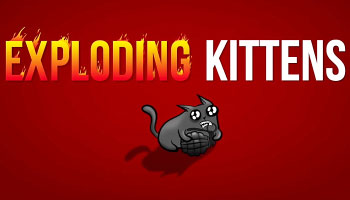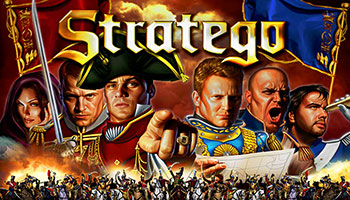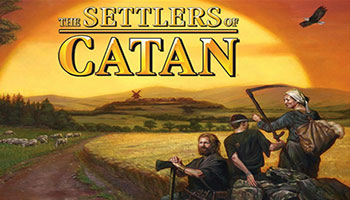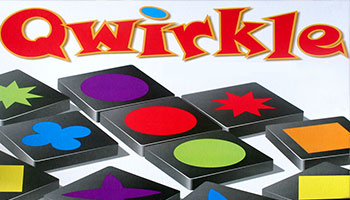
-
Try to cover the tent camps when laying out a building! The more neutral workers you get, the easier you can enclose buildings in one go in order to receive the additional seal.
-
Place your workers so that you trigger a payout! You will then get an additional seal.
-
Do not play building cards whose seal's color is currently the most valuable! Other players could complete the building and get many seals.
-
Use the architect banners in time in order to get new workers! It could make sense to use a banner without executing an evaluation. It is not the number of evaluations, but the right moment that decides the game. …





